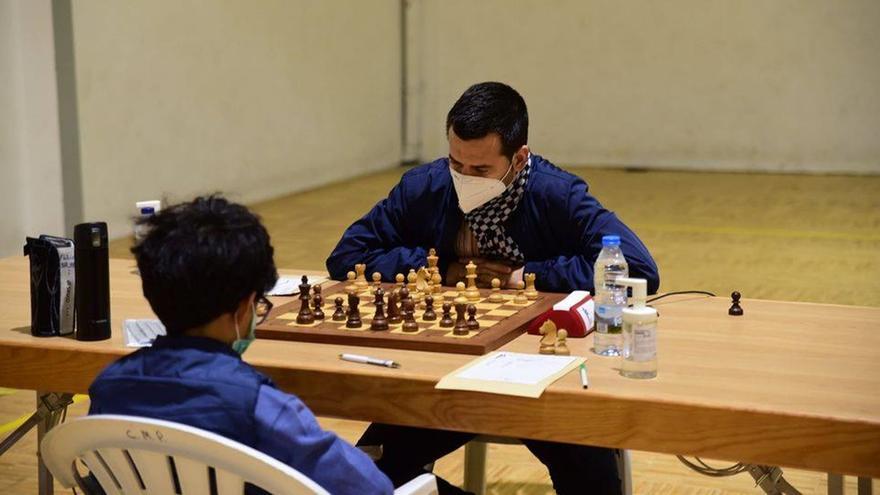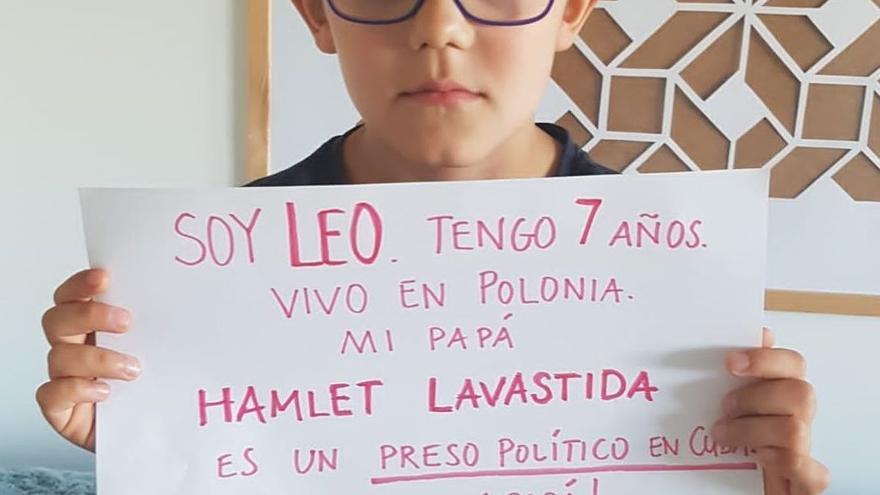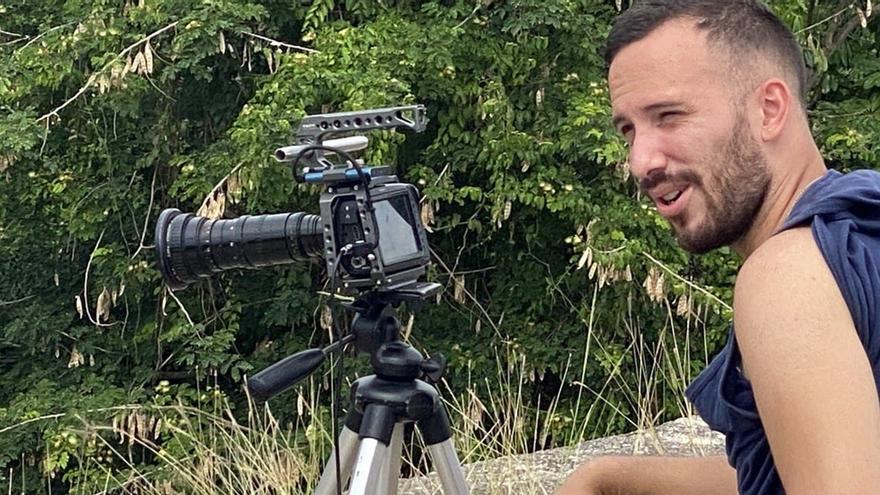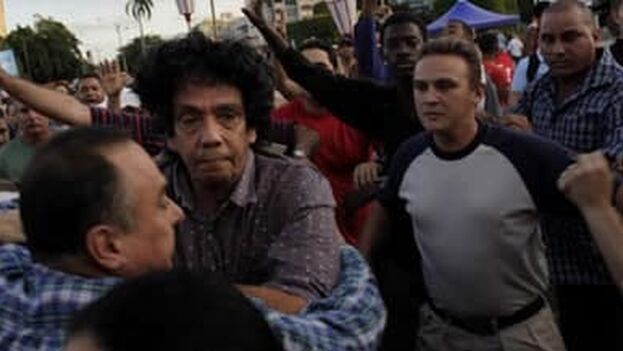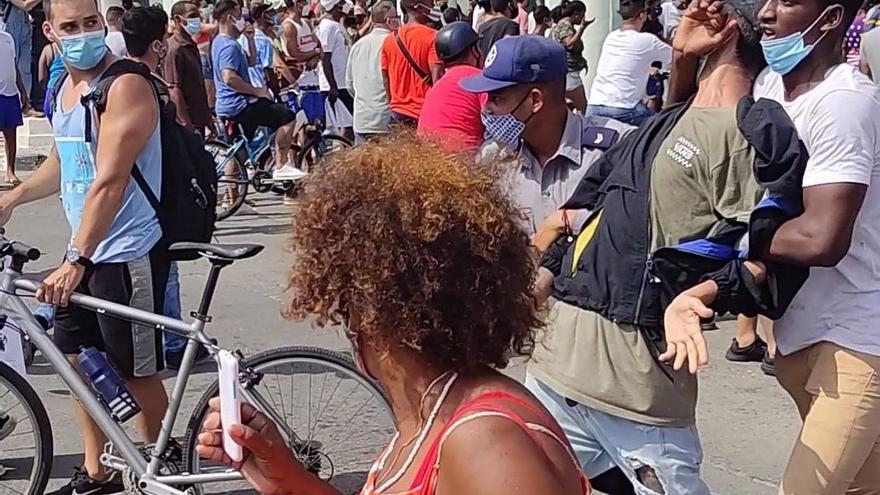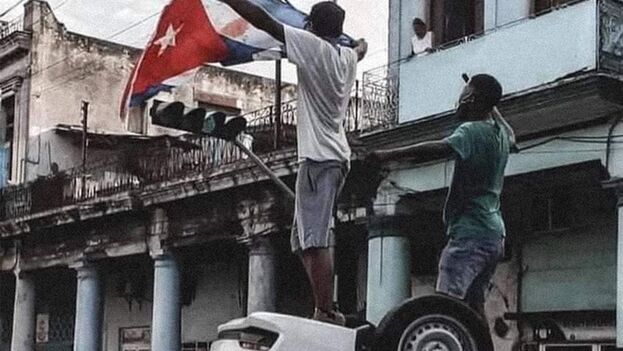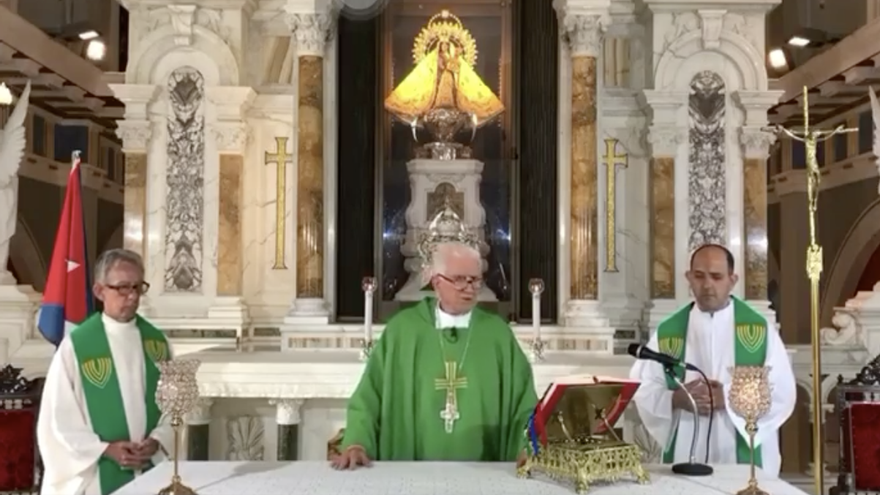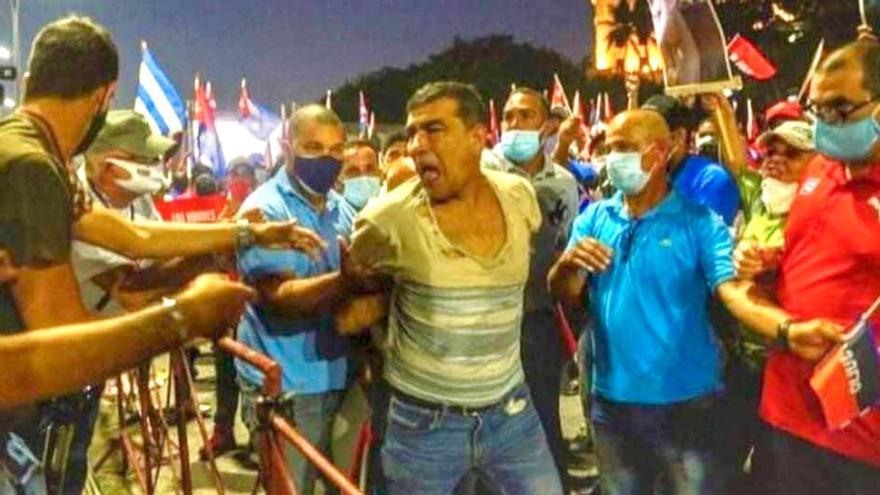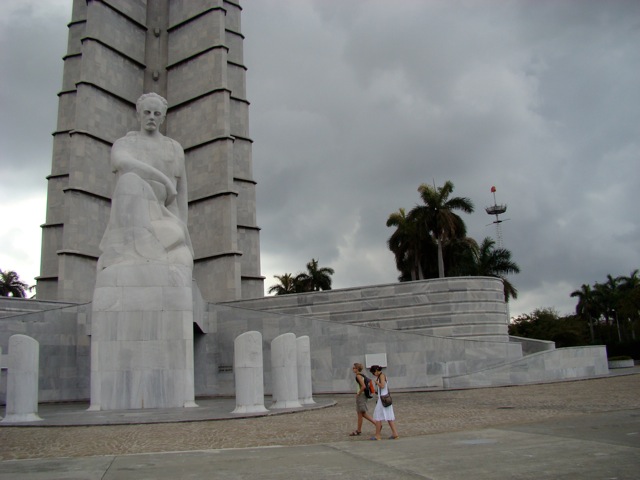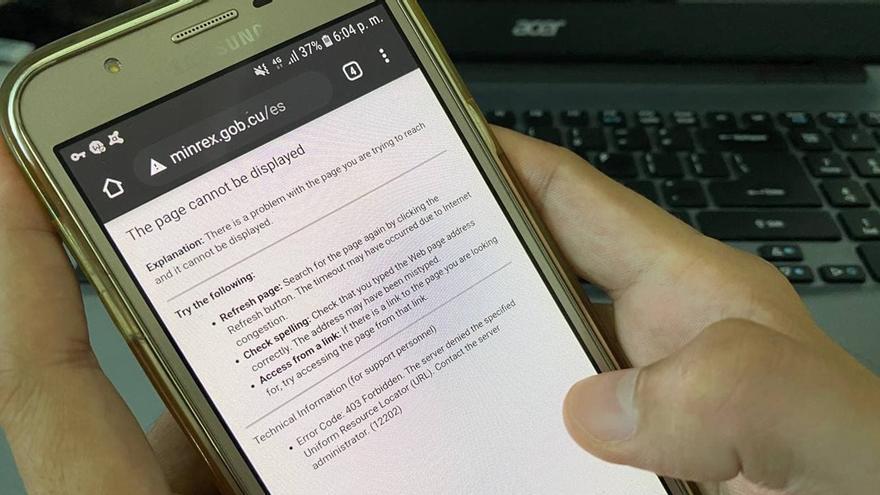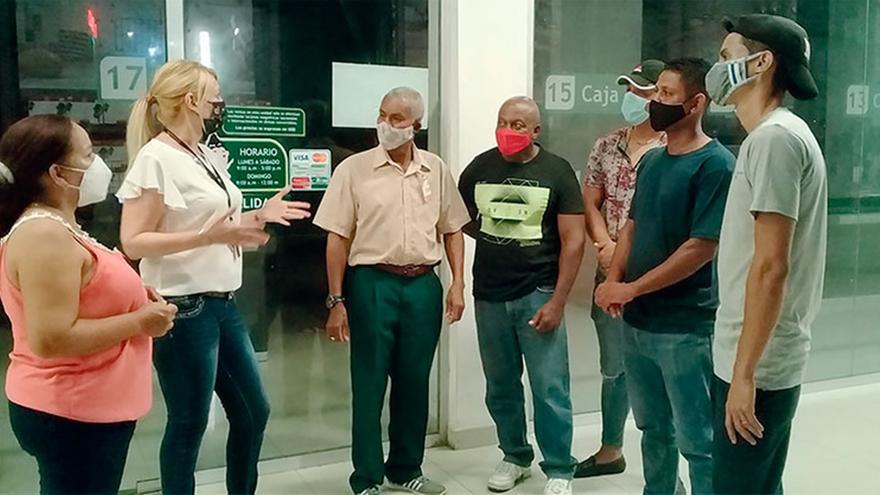The latter is such a risky measure that the Minister of Labor and Social Security said, when presenting it at a version of the Roundtable program on Cuban TV, “the transformation we are proposing in Cuban socialist state enterprise has no antecedents, because it gives to the entity itself the capacity to set the wages of its workers. Therefore, it is not a cosmetic proposal, but one of great depth. Truly a game changer.”
And she is right. It is true that this matter has already been discussed for quite some time in the Guidelines, with the aim of strengthening socialist state business, which in the obsolete economic and social model that governs the country, continues to be “the fundamental actor of our economy,” understanding that this measure confers greater powers on the state company. But like so many other issues, it was kept in a drawer waiting for better times. Is now the right time to embark on this type of adventure? continue reading
The minister explained in her discourse that in the last two years 37 measures related to income have been approved, and she expressly cited the elimination of all limit directives associated with work results; of the administrative limits that the utility had (the limit is set by the efficiency that the company is capable of generating).
Also, of the payment on account of the utility at the end of each quarter that specifically differentiates it from what has been done previously, because it is a utility that is in proportion to the individual contribution of each of the workers. Finally, she cited the recent pay for high performance, which also makes it possible to differentiate the income of workers. The truth is that none of these measures has led to significant improvements in business management, in view of the poor functioning of the economy, so we cannot expect any improvement this time.
In sum, the minister indicated that her department has been improving the payment mechanisms of the business system and stressed that this new measure regarding the elimination of the obligation to use the salary scale for the payment of salaries in state-owned companies is intended as an objective “To make the socialist state enterprise more efficient and productive, but based on an efficient management of human resources.” Will it succeed?
An analysis of some of the aspects related to the measure leads us to point out some doubts.
For example, it is true that the mechanism for setting workers’ wages is made more flexible and it is expressly announced that, to pay more, the company has to obtain better results. There is an element of productivity and competitiveness behind the proposal, but it is not sufficiently verified, since the minister herself added that if positive results ensue, it does not mean that higher wages can immediately be paid.
And for this reason, the minister insists that the required results must first be obtained. Which? When? At what point? With what dimension? There are too many issues, and all of them relevant, to be left to chance. Cuban workers demand to know more. There is nothing that causes more frustration to a worker than waiting for a wage boost resulting from his commitment and observing that the effort, once made, is not compensated.
Second, this measure establishes that the company must finance the salary with its sales income. In other words, in this case no intervention from the State budget is accepted. The entity must be able to finance its own salary fund. It seems reasonable, but as soon as the content of this proposal is specified, it is seen that it won’t get anywhere.
What happens to those state companies that “sell” all their production to the state or the budgeted sector, and which are the majority? Will they be prohibited from paying wages without obligation to the scale in such cases? Will working for the state be understood as “intervention”? Is the government considering state companies that do business with the private sector or export?
Another aspect of the measure refers to the fact that no worker may receive a salary lower than the minimum established in the country, which is currently 2,100 pesos a month. Actually, there are no statistics on the salary structure of state-owned companies, but in general, their salaries are mostly above the average because the professional categories tend to occupy the steps above the median. And, of course, well above the minimum.
It seems a contradiction to establish minimum wages for an entity that arises through work organization to achieve competitiveness and productivity. In any case, the legislator eliminates an option that could serve to allocate resources efficiently for a time, and that depending on how the business can go, better productivity could be obtained later. The minimum wage, even in state-controlled economies like Cuba, is a brake on employment, especially for young people.
And, fourthly, this measure requires gradual implementation, and, furthermore, it is intended to be preceded by a “comprehensive improvement program”, which includes the organization of work in the beneficiary entity. As it could not be otherwise, the Technological University José Antonio Echeverría (Cujae) is assigned to advise the Ministry in this process and, to the extent that it is extended to the provinces, the local universities will be able to do the same.
Not a single option has been opened for self-employed workers who can offer their business consulting services at much more competitive prices and conditions than universities or research centers to which a compartmental and stagnant way of obtaining complementary income is opened. Another missed opportunity.
From what the minister reported at the Roundtable and, pending the publication of the regulatory norm, the salary organization must be based on the principles of equity, proportionality (because the salary is paid in correspondence with the real time worked) and dynamics (the salary is set in correspondence with the results of the company).
This principle is even taken to the opposite side, when it is established that loss planning will not be admissible, that is, it will not be possible to pay a higher salary in a center with losses, and in any case, the there should be no reduction of the level of real profit obtained from the previous year, because if the intention is to increase efficiency, it is necessary to increase the utility.
Among other aspects, the company is authorized to apply other economic incentives associated with worker productivity and the achievement of specific and strategic objectives of the organization, such as, for example, adapted payment systems or payment systems for results and,in this case, the entity can consider indicators that have to do, perhaps, with the collection, the level of sales, the shortening of certain deadlines for carrying out the processes. It would be interesting to know, with official data, the impact of these payment mechanisms on the activity of Cuban state companies.
In any case, the measure establishes that it is the company that says what the design of its payment system is with a fixed part of the salary that the worker will earn for attending work every day, accompanied by a moving part of the salary. For this reason, the piece-rate payment systems and current profit distribution mechanisms are maintained, both at the end of the fiscal year of the year and the payment on account of the profits at the end of each quarter, as well as the payment for high performance.
However, the measure eliminates the administrative directives of the bodies and agencies referring to structures and templates, so that if the company increases the contribution for the performance of the state investment provided for in the plan, it will be able to increase its salary fund.
The minister pointed out that it is being evaluated to start the implementation of the measure by sectors with “outstanding results”, with high work organization and adequate accounting and that, in any case, it will be reported later by which sectors the implementation of the experience will begin. It seems prudent and could avoid implementation failures while generating learning processes based on good practices that can be followed in other companies.
The minister pointed out that as soon as the entities of the business sector that want to apply the measure certify that they have the conditions created, it can be implemented, without waiting time, with the estimate that the next year will see how the experience progresses.
It is also considered that, after the measure becomes general in 2022, companies that do not present the approved conditions will maintain the salary system that they currently have until they prove their conditions have changed. The authorities have planned a comprehensive training process at the national level for the implementation stage, with academic support.
It is important to note, based on the foregoing, that this measure of eliminating the obligation to use the salary scale for the payment of salaries in state-owned companies is not, in any way, a guarantee of improvement in the functioning of these organizations in the Cuban communist social model.
Cuban state companies urgently need other types of structural and legal measures that allow them to operate in conditions similar to those found in a market economy. And, above all, what they demand is less state intervention, more freedom of decision, accumulation and distribution of wealth, regardless of administrative obstacles and obstacles. Economic freedom and property rights are also essential for state-owned companies.
*Translator’s note: The so-called ’Ordering Task” — Tarea ordenamiento — is a collection of measures that includes eliminating the Cuban Convertible Peso (CUC), leaving the Cuban peso as the only national currency, raising prices, raising salaries (but not as much as prices), opening stores that take payment only in hard currency which must be in the form of specially issued pre-paid debit cards, and others.
____________
COLLABORATE WITH OUR WORK: The 14ymedio team is committed to practicing serious journalism that reflects Cuba’s reality in all its depth. Thank you for joining us on this long journey. We invite you to continue supporting us by becoming a member of 14ymedio now. Together we can continue transforming journalism in Cuba.

![]() 14ymedio, Havana, July 21, 2021 – Reserve Brigadier General Marcelo Verdecia Perdomo, who was Fidel Castro’s bodyguard in the Sierra Maestra, died this Tuesday in Villa Clara province. The official Cuban press did not release the cause of death.
14ymedio, Havana, July 21, 2021 – Reserve Brigadier General Marcelo Verdecia Perdomo, who was Fidel Castro’s bodyguard in the Sierra Maestra, died this Tuesday in Villa Clara province. The official Cuban press did not release the cause of death.
